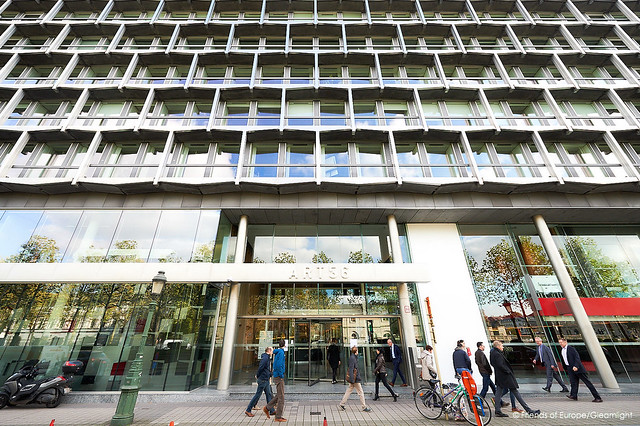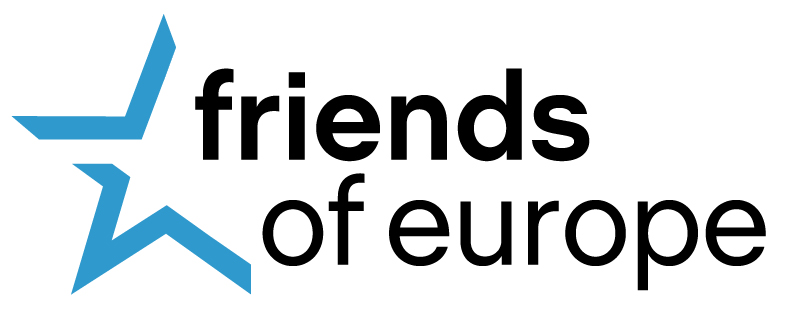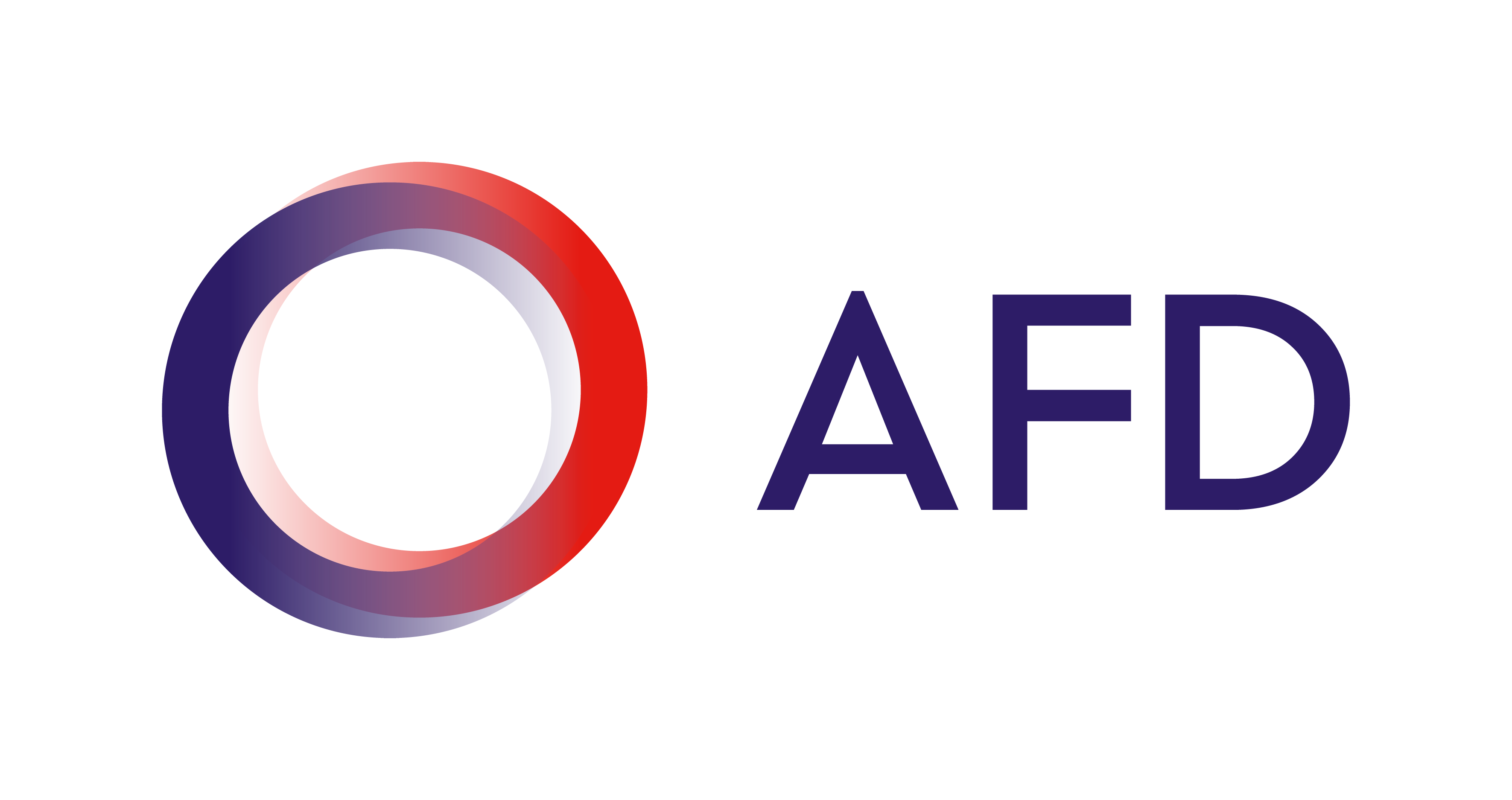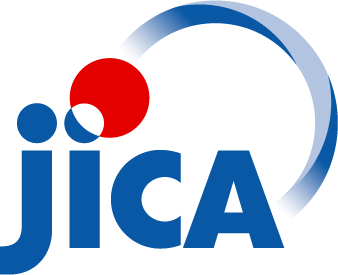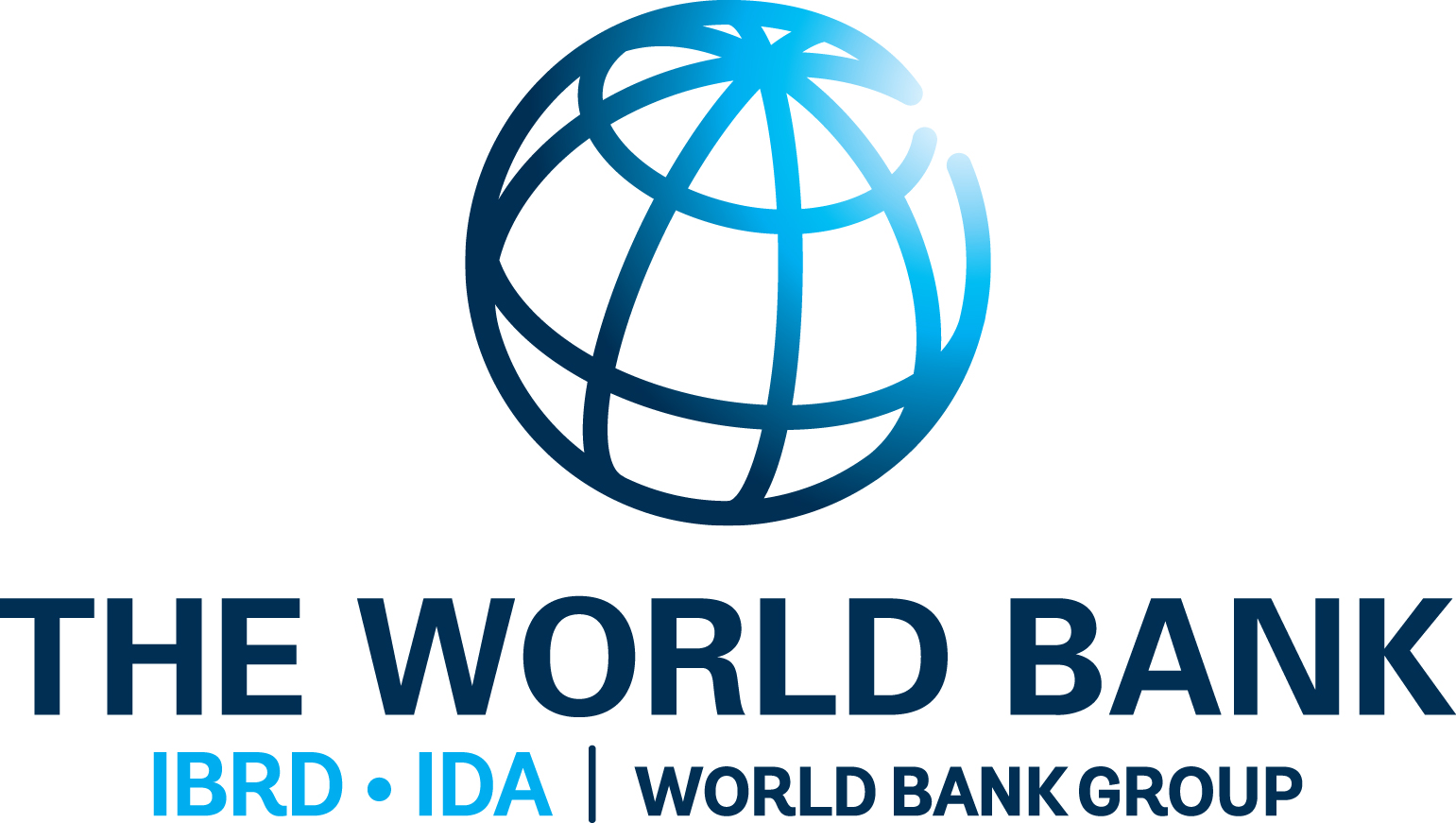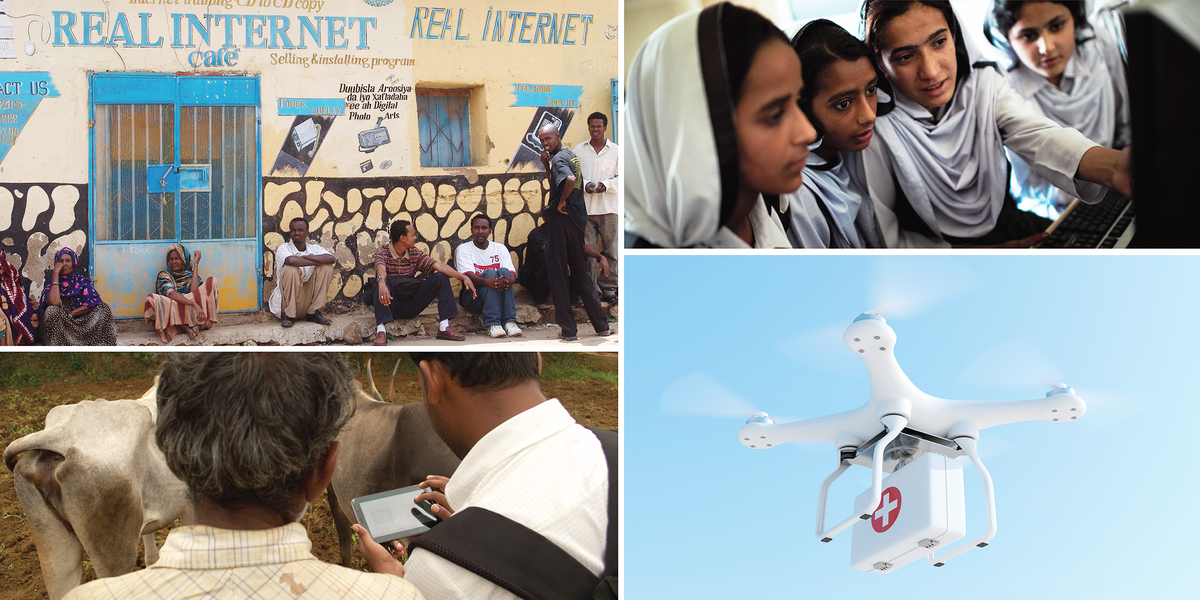
Summary
Access to digital technologies can empower poor and disadvantaged people, create jobs and widen access to health and educational services. But the first step must be to find digital applications that solve practical problems and make a difference to people’s lives.
That was the message of a Development Policy Forum event on 7 November, where development actors and technology experts discussed how the digital revolution is impacting international development.
Estonia is famous for its advanced e-government, providing every public service digitally by default. Now, it is helping other countries build up digital systems that will deliver public services better. “We believe the UN Sustainable Development Goals will benefit from digitalisation,” said Jüri Seilenthal, Director-General for Foreign Economic Policy and Development Cooperation at the Ministry of Foreign Affairs of Estonia. Universal healthcare comes under SDG Goal 3, for example, and digital solutions can make healthcare systems more efficient and effective. “Digital systems don’t discriminate against users. They don’t know your gender nationality or disability, so they can contribute to more comfortable and inclusive societies.”
However, many people are natural technophobes, who would prefer if possible to avoid dealing with new, digital ways of doing things. So it’s important that they see the immediate benefits of technology. One example is an Indian service for farmers that provides a variety of information, from weather forecasts to advice on pesticide use. The service is highly relevant to the farmers, but also very simple: it works through mobile phone text messages.
“The key thing is that most of the innovations come from a frugal mentality,” said G Subramanian, Principal Innovation Evangelist at Tata Consultancy Services (TCS). “We are looking at solutions that can be low-cost and done on the cheap. The services must be relevant to people.”
Digital skills have become a key to job markets round the world, so young people who have not learned them will have reduced opportunities. “There is not just one profile of digitally excluded young people,” said Dana Schurmans, Digital Inclusion Expert at the ACP Young Professionals Network. “There are lots of variables. It is social-support education, the need they have to use digital tools. There are young people who are poor, and digital media helps them to find a job and do their homework.”

Event recording
Making the digital revolution work better, faster for developmentShould you not be able to see the photo gallery, please click here.
About
With the Estonian Presidency pushing digitisation up on the EU’s agenda, the Development Policy Forum led by Friends of Europe is bringing together key development actors and tech experts to discuss how the digital revolution is impacting international development. The event will address how digitisation could become an even more powerful force for change and growth in the coming years, and how access to new technologies and the Internet is empowering the world’s poor and disadvantaged people, creating ‘digital dividends’ for developing countries.
Related content:
- Learn more about GIZ’s digital expertise
- Read GIZ’s Toolkit Digitalisation
IMAGE CREDIT: kotist/Bigstock, CC/Flickr – STARS/Kristian Buus; Charles Roffey; DFID-ESRC Growth Research Programme
This event is part of our Development Policy Forum (DPF), which brings together a number of crucial development actors, including the Deutsche Gesellschaft für Internationale Zusammenarbeit (GIZ), the Agence Française de Développement (AFD), the Japan International Cooperation Agency (JICA), the European Investment Bank (EIB), the United Nations and the World Bank to contribute to the global and European conversation on development. Through its activities and publications, the DPF reflects the rapidly-changing global debate on growth and development and seeks to encourage fresh, up-to-date thinking on the multiple challenges facing the development community.
Schedule
The digital revolution is transforming the world. Digitisation is already impacting strongly on the global development agenda and could become an even more powerful force for change and growth in the coming years. Access to digital technologies and the Internet is empowering the world’s poor and disadvantaged people, creating jobs, allowing more women to participate in the labour market, allowing the quick and efficient transfer of money, and providing millions of people with access to health and educational facilities. Meanwhile, other technological developments such as drones or unmanned aerial vehicles (UAVs) are also becoming tools for development activities in areas such as conservation, health, transportation, data collection, and humanitarian work in developing countries, especially in the aftermath of natural disasters.
- What is being done to connect the unconnected and to bridge the continued ‘digital divide’ between developed and developing countries – and within developing countries – in order to tap into the full potential of digitisation?
- How do digital technologies promote development and generate digital dividends such as inclusiveness and access to information, promoting innovation and boosting efficiency?
- To what extent are drones really a game-changer technology in diverse sectors including agriculture, health, environmental protection and education?
- What more can be done to ensure that women harness the full potential of the digital revolution?
- How can new technologies be used to promote peace, justice and good governance?
Speakers
Agnès Maitre
Digital Project Manager at the Agence Française de Développement (AFD)
Dana Schurmans
Digital Inclusion Expert at the ACP Young Professionals Network
Jüri Seilenthal
Director-General for Foreign Economic Policy and Development Cooperation at the Ministry of Foreign Affairs of Estonia
G Subramanian
Principal Innovation Evangelist at Tata Consultancy Services (TCS)
Moderator
Shada Islam
Managing Director at New Horizons Project
Speakers

Digital Project Manager at the Agence Française de Développement (AFD)
Agnès is Digital Project Manager at the Agence Française de Développement (AFD). The AFD has made digitalisation a key priority in its strategy for development, and is currently funding a number of initiatives to promote digital innovation, for instance supporting start-ups in Africa through its Digital Africa competition and working with innovators and stakeholders in sectors including mobile banking, e-government and e-education. With more than 25 years of experience in the transformation of telecommunications operators in Europe, Asia and Africa, Agnès previously worked with France Télécom and Alcatel.

Digital Inclusion Expert at the ACP Young Professionals Network
Dana is a researcher at the Catholic University of Louvain (UCL) and a leading expert on digital inclusion. In her current position at the African Caribbean and Pacific Young Professionals Network (ACP YPN), which brings together young professionals and diaspora from Africa, Caribbean and Pacific to foster exchange and dialogue for positive international relations, she works to ensure that digital technologies realise their potential for social inclusion and has influenced EU policies to better face the challenges of digitalisation. She is also exploring the impact of digital inequalities, especially among younger generation, and works to create new narratives to build a new, multi-voiced reality of inclusive digital societies, through a joint PhD at UCL and at Vrije Universiteit Brussel (VUB).
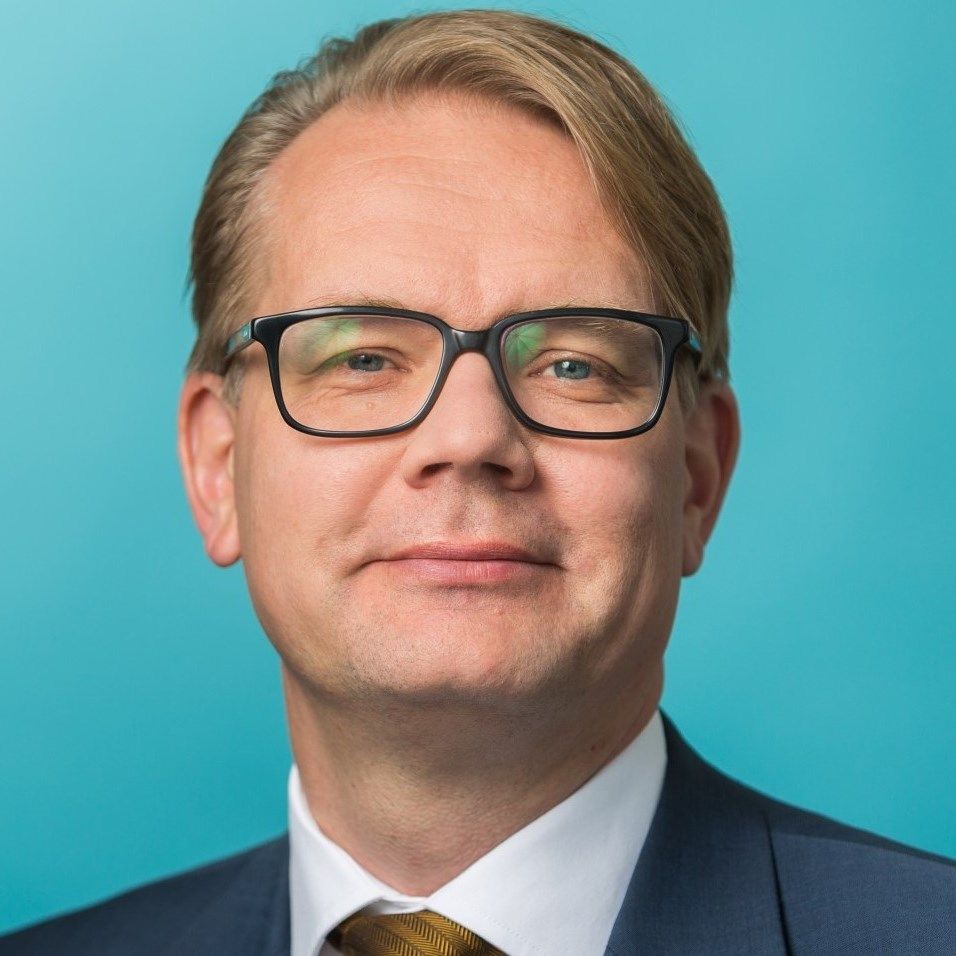
Director-General for Foreign Economic Policy and Development Cooperation at the Ministry of Foreign Affairs of Estonia
Jüri is in charge of the development and humanitarian work of the Estonian Presidency of the EU Council, which aims to promote horizontally and more systematically the role of digitalisation as an enabler for development in the EU’s development policy. He has served as Director-General for Foreign Economic Policy and Development Cooperation since 2015 and has more than 20 years of experience at the Estonian Foreign Ministry, having previously been the permanent representative of Estonia to the United Nations and other international organisations in Geneva.

Principal Innovation Evangelist at Tata Consultancy Services (TCS)
Subbu leads efforts to bring Tata Consultancy Services’ research and innovation to customers. Tata Consultancy Services (TCS) is one of the world’s largest IT company and has been recognised by Fortune as one of the top companies changing the world, applying its technical and digital expertise to develop solutions that help communities around the world. Passionate about the impact of technology on business and culture, Subbu has led various projects including re-imagining business models, customer segments, services, and workplace practices – all driven by the continuing advancement of digital technologies.
Partners
Coorganized with
Activities
Europe-China Forum 2025
Next event In person & livestreamed

- Area of Expertise
- Global Europe
A European agenda for space: resilience, security and sovereignty
Past event In person

- Area of Expertise
- Digital & Data Governance
TEPS European Policy Summit 2025
Next event In person & livestreamed

- Area of Expertise
- Digital & Data Governance
From orbit to impact: charting Europe’s course in a changing global…
Past event Online
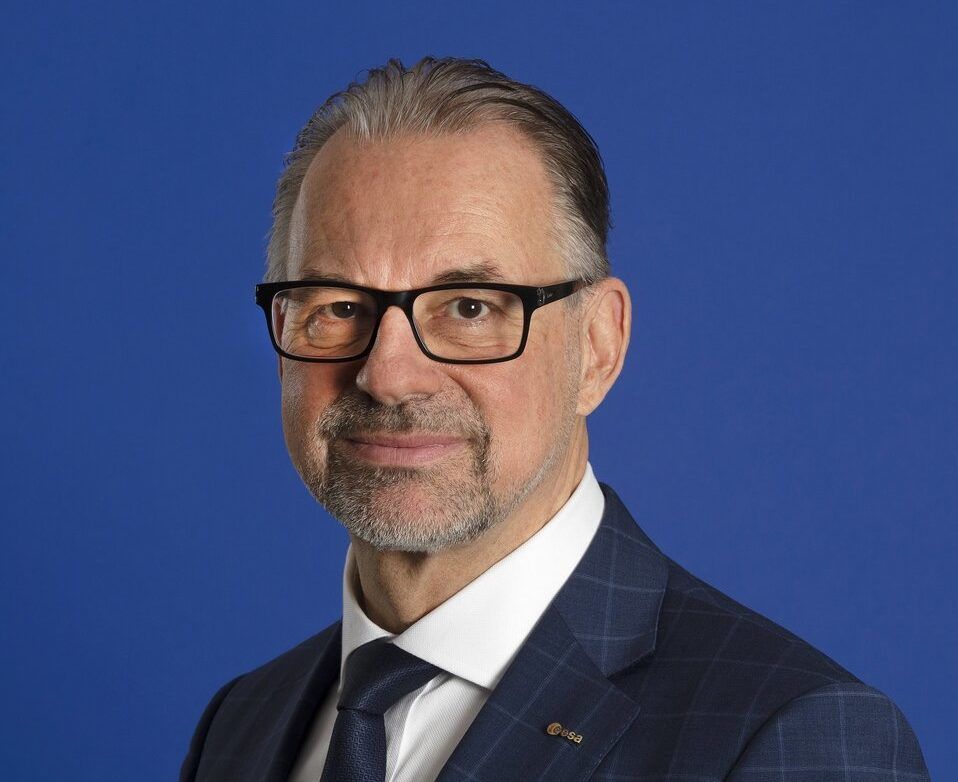
- Area of Expertise
- Digital & Data Governance
Trump's betrayal of the world's poor is Europe's opportunity
- Category
- Frankly Speaking
- Author
- By Giles Merritt
Policy Voices | #Throwback: UNRWA’s Jonathan Fowler on Gaza: “It is a…
- Category
- Podcast
- Area of Expertise
- Global Europe
DRIVE Impact Initiative final report
- Category
- Event Reports
- Area of Expertise
- Global Europe
Europe’s blackouts call for a NATO-level response
- Category
- #CriticalThinking
- Author
- By Maurizio Geri

- Area of Expertise
- Global Europe
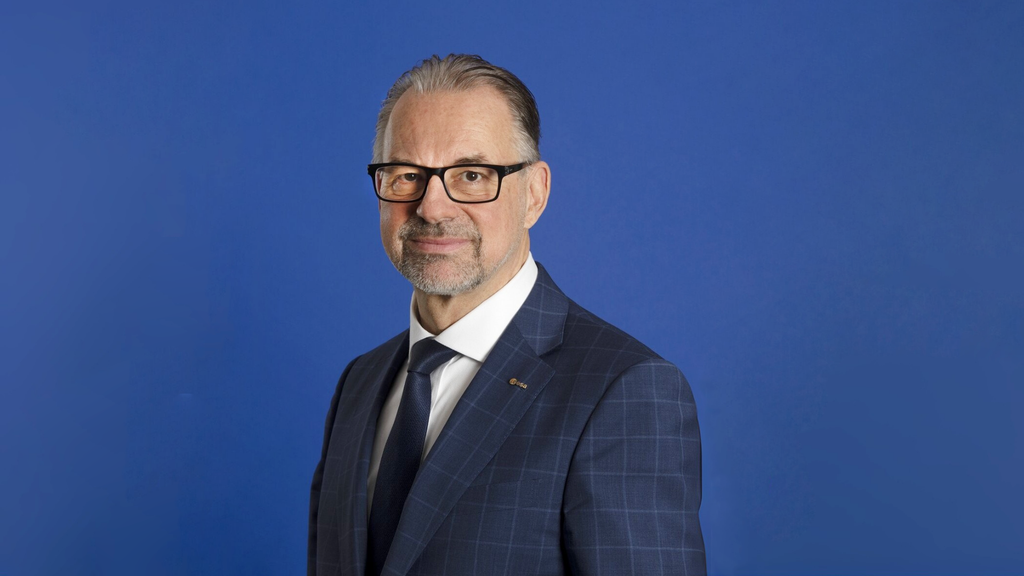
- Area of Expertise
- Digital & Data Governance
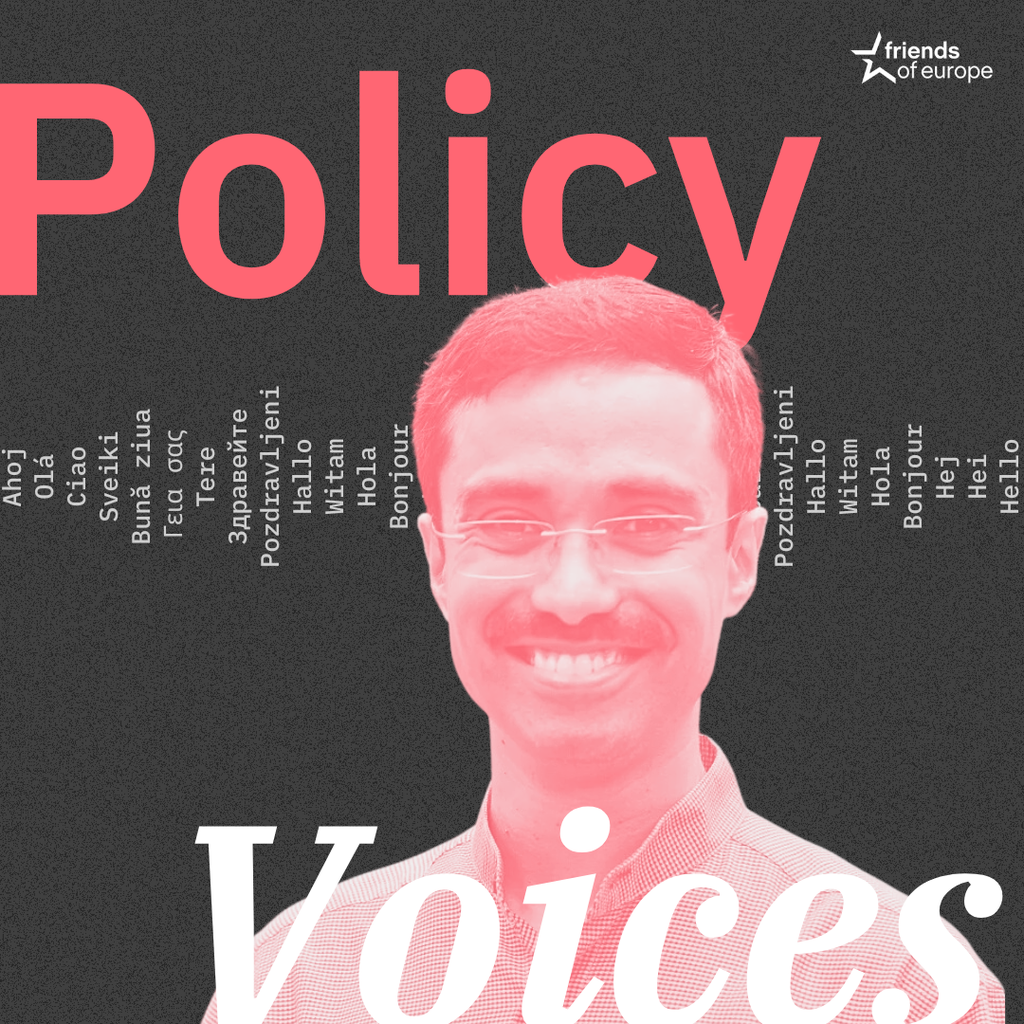
- Area of Expertise
- Digital & Data Governance
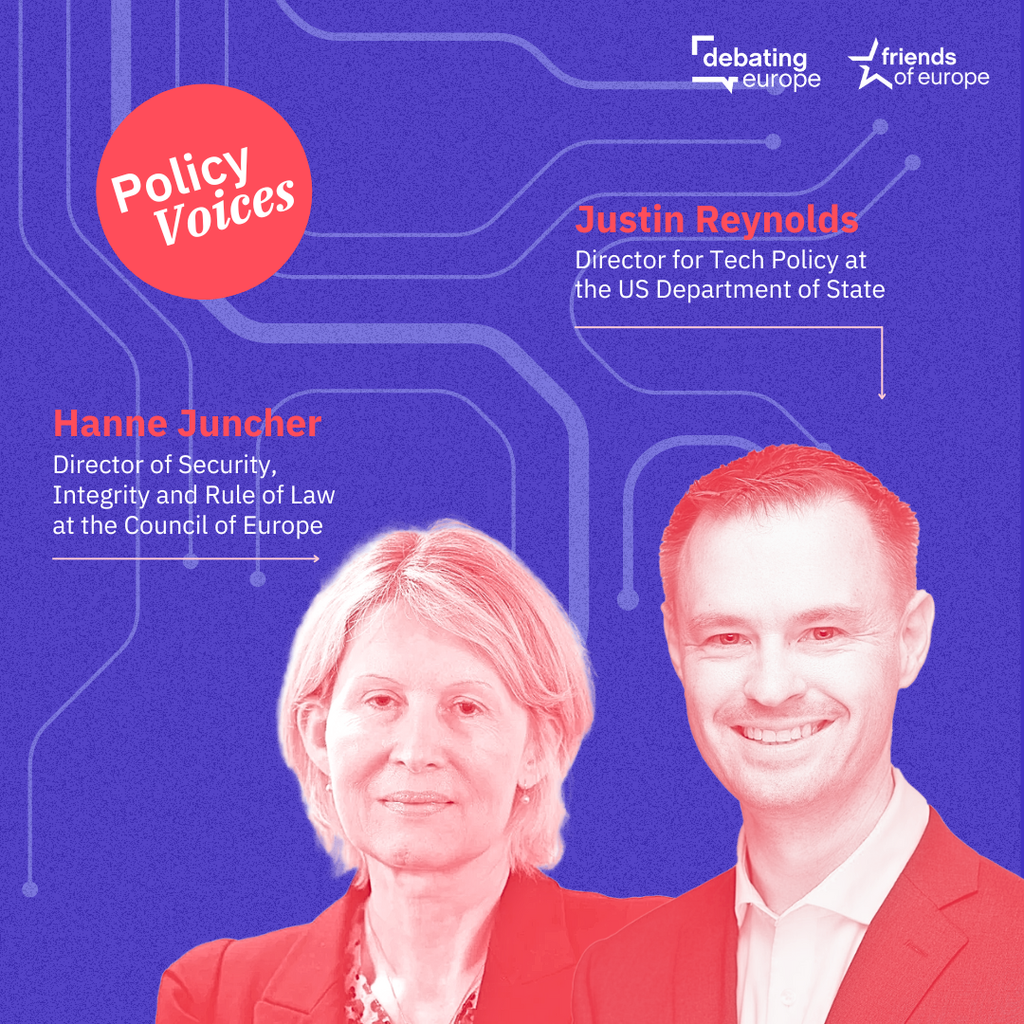
- Area of Expertise
- Democracy
Continue
the debate on
- Debating Europe
